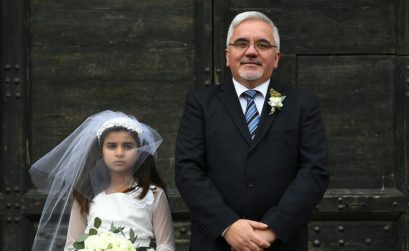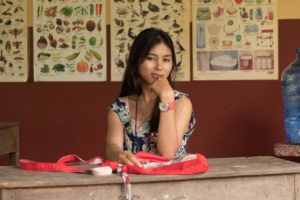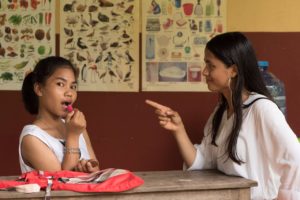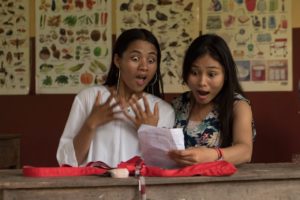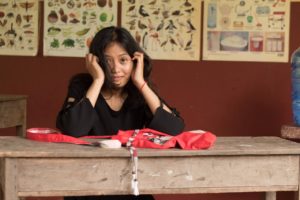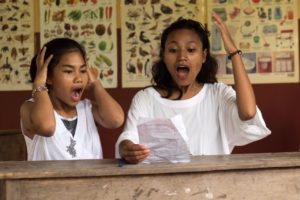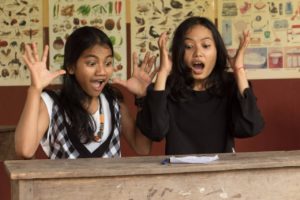Child Marriage
On february 10th 2019 is World Marriage Day. This day honors husband and wife as the foundation of the family, the basic unit of society. It salutes the beauty of their faithfulness, sacrifice and joy in daily married life.
But how is this married life perceived by minors and what are the consequences of child marriage for the lives of married minors – most of them girls ? What are the consequences for society ?
Child marriage is a formal marriage entered into by an individual before reaching a certain age. In many cases , only one marriage-partner is a child, usually the female. According to the UN Convention on the Rights of the Child’s definition this certain age is 18 years.
According to UNICEF an estimated 12 million girls are married away prematurely every year – with dramatic consequences:
These girls are deprived of their fundamental rights for protection, health, education, play and relaxation.
A marriage immediately ends childhood for the girls turned wives. From the day of their marriage, their lives are dominated by sex, motherhood and responsibility for the family’s life and household.
Moreover, complications during pregnancy and childbirth are very common in this group of age as their bodies are not yet sufficiently developed to cope with pregnancy and childbirth. The risk of maternal death is twice as high for girls aged 15 to 19 as for women in their 20s and five times higher for girls aged 10 to 14. Globally, around 50.000 teenager girls die each year during pregnancy and childbirth. The risk of a stillborn child or an early death within the first week of life for babies born to mothers aged 15 to 19 years is 50% higher than for babies born to mothers aged 20 to 29 years.
But there is also an impact on society ! These young women cannot live their potential and thus do not contribute to the GDP of the countries. Therefore, it comes as no surprise that those 20 countries with the highest rates of child marriage are countries with an extremely low per capita gross domestic product (GDP).
20 countries with the highest rates of child marriage *
| Country | Child marriage in % | GDP per capita ** |
| Niger | 76% | $1’200 |
| Central African Republic | 68% | $700 |
| Chad | 68% | $2’300 |
| Mali | 55% | $2’200 |
| Bangladesh | 52% | $4’200 |
| Burkina Faso | 52% | $1’900 |
| Guinea | 52% | $2’200 |
| South Sudan | 52% | $1’600 |
| Mozambique | 48% | $1’300 |
| India | 47% | $7’200 |
| Malawi | 46% | $1’200 |
| Somalia | 45% | NA |
| Nigeria | 43% | $5’900 |
| Eritrea | 41% | $1’600 |
| Ethiopia | 41% | $2’200 |
| Madagascar | 41% | $1’600 |
| Nicaragua | 41% | $5’900 |
| Uganda | 40% | $2’400 |
| Sierra Leone | 39% | $1’600 |
| Cameroon | 38% | $3’700 |
*Child marriage prevalence is the percentage of women 20 – 24 years old who were first married or in union before they were 18 years old.
** Estimate 2017
Sources: UNICEF State of the World’s Children, 2016. It is based on Multiple Indicator Surveys (MICS), Demographic and Health Surveys (DHS) and other national surveys, and refers to the most recent year available during the period 2008 – 2014. CIA Factbook, www.cia.gov
UNICEF’s press release from March 6th, 2018 talks about a globally decreasing prevalence of child marriage over the course of the last ten years by 15 per cent. Without further action more than 150 million additional girls will marry before their 18th birthday by 2030. However, to end the practice by 2030 – the target set out in the Sustainable Development Goals – progess must be significantly accelerated.
As Anju Malhotra, UNICEF’s Principal Gender Advisor put it, « Each and every child marriage prevented gives another girl the chance to fulfill her potential. »
Child marriage is a violation of human rights !
The organization girlsnotbrides.org estimates that in Kenya 4% of all girls are married before their 15th birthday and 23% before their 18th birthday. According to the UNICEF study «State oft he World’s children, 2016» 482 000 Kenyan girls were married before the age of 18. Girls in rural areas are more prone than girls in urban areas.
This is why we would like to support the girls of Iloshion!
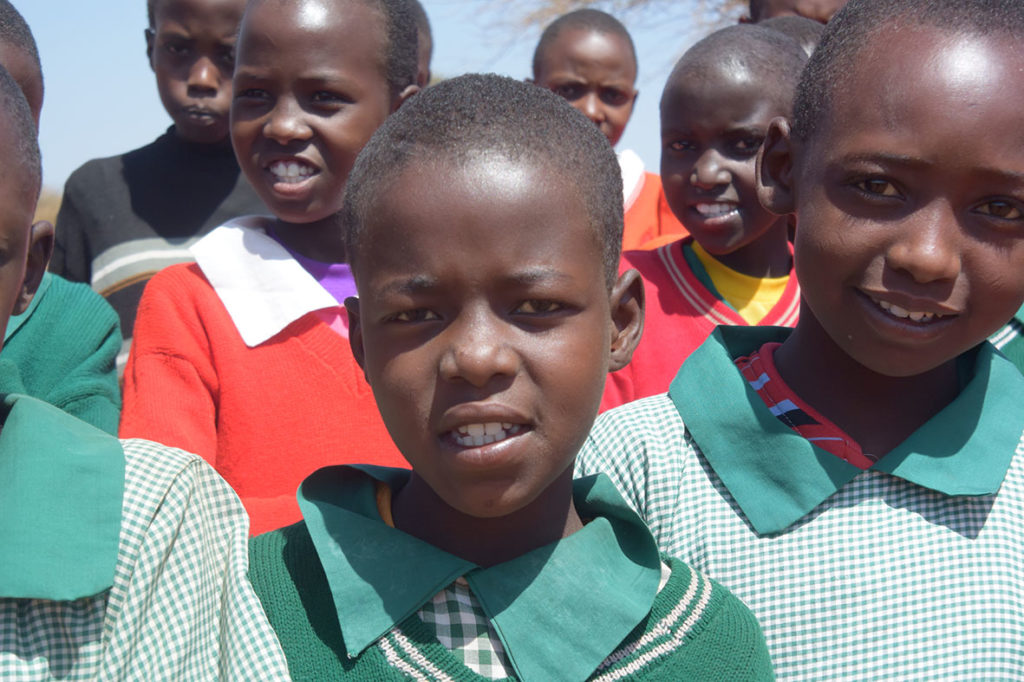
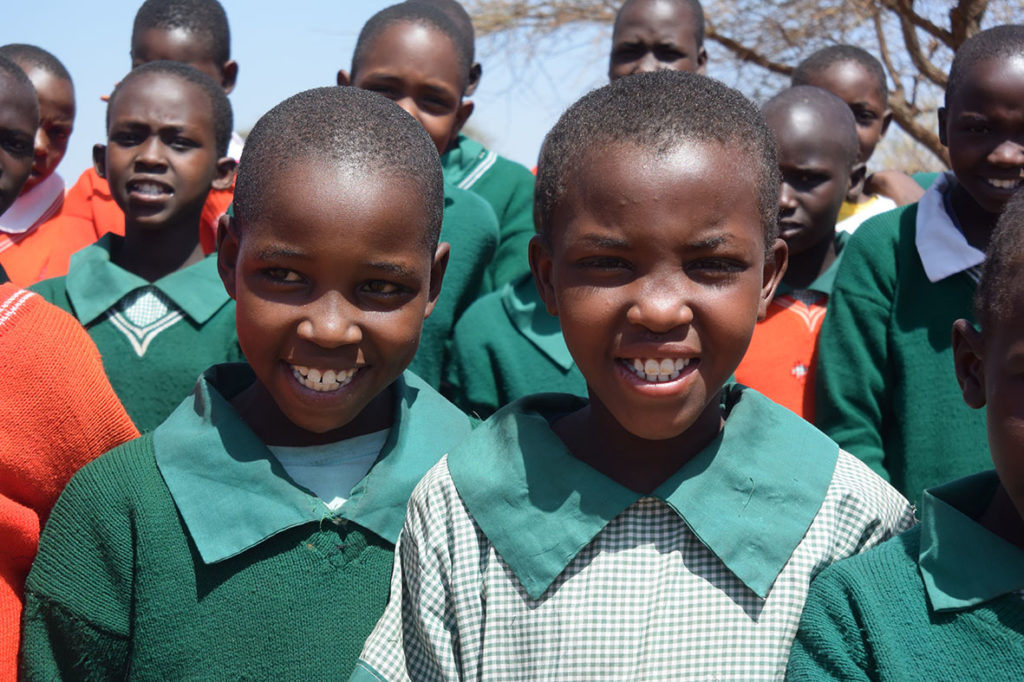
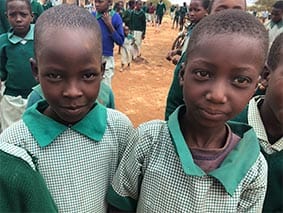
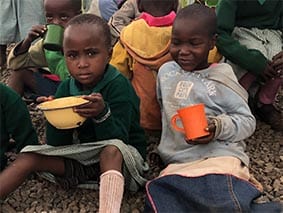
We want to spare them the fate of child marriage and want to provide them with a proper school education. Therefore, in 2018 we started the construction oft he Nasaru Learning Center for Masai Girls. This center will be finished soon and will be able to host a total of 72 girls.
We are planning to add a market garden to teach them gardening, how to deal with water and to grow their own vegetables for in improved diet for themselves as well as their future families. Moreover, they should be taught how to elevate chicken which also are a possible dietary enrichment and a potential source of future income. Thus, we are going to provide them with a chicken coop as well.
For these two side projects we are still looking for donations! Every donation counts – no matter how small !
Thank you !
Photo credit title/header picture
This picture was taken as part of a campaign by Amnestiy International to end Child Marriage. A young actress impersonates a child bride aged 10 getting married to a much older man. Picture: AFP

